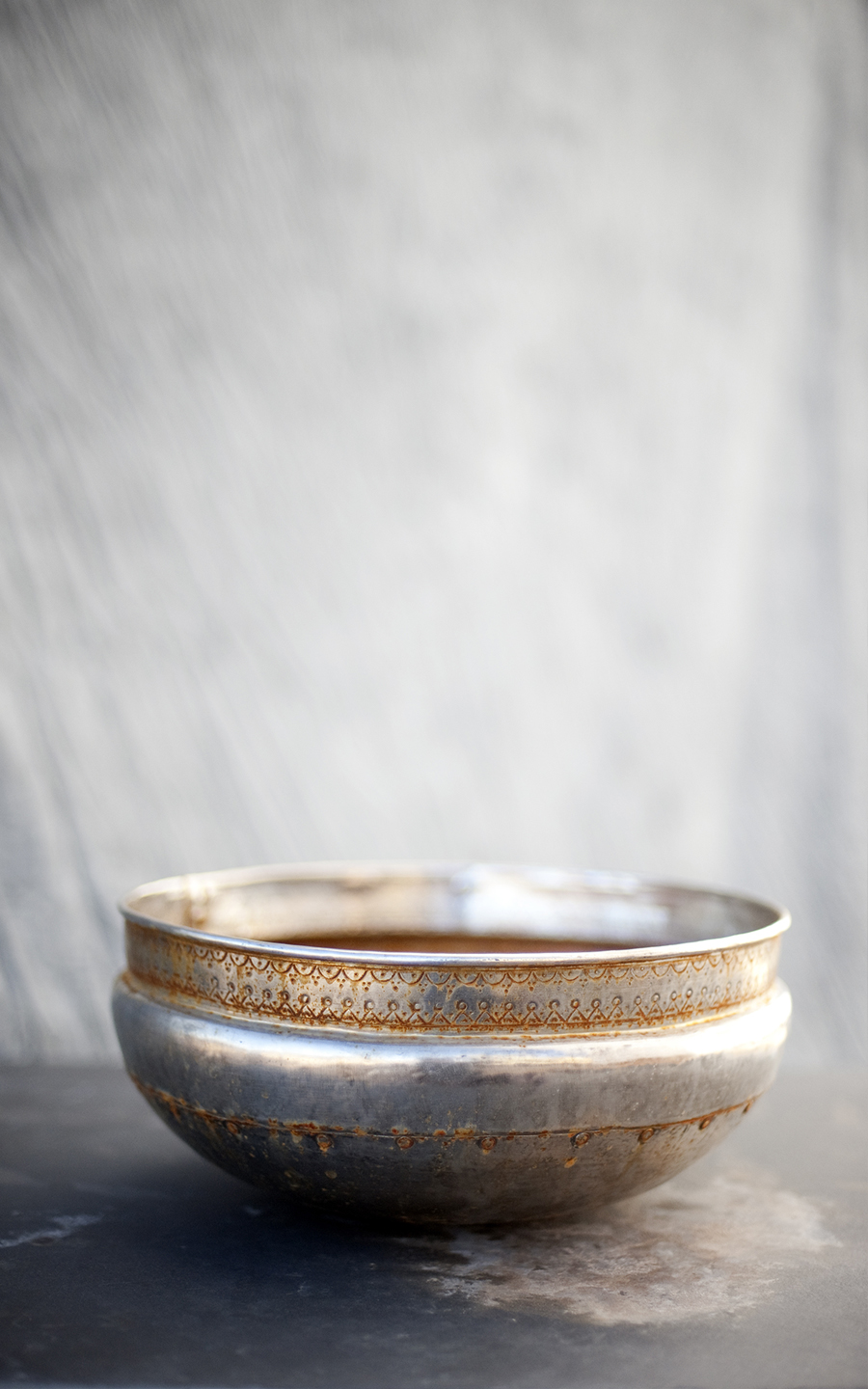Pain can be classified as:
Physiologic: Referring to the body’s protective mechanism to avoid tissue injury: for instance, when we light a match and the flame begins to get close to our skin, the pain sensation gives us the message we are about to injure a tissue if we do not respond quickly.
Pathologic: Arising from tissue injury and inflammation or damage to a portion of the nervous system. Pathologic pain can be further divided into categories such as nociceptive (peripheral tissue injury), neuropathic (damage to peripheral nerves or spinal cord), visceral (stimulation of pain receptors in the thoracic or abdominal viscera), and somatic (injury to tissues other than viscera, such as bones, joints, muscles and skin). It can also be defined temporally as acute (arising from a sudden stimulus such as surgery or trauma) or chronic (persisting beyond the time normally associated with tissue injury).
Having understood the physiological aspect of pain, we can talk now about the emotional aspect of pain, which was not given too much consideration until about 30 years ago.
The emotional effects of pain can be similarly devastating and include depression, anger and anxiety, which arise from having limitations set to one's life and not knowing when is going to stop, from having a myriad of chemicals running through your body affecting literally every aspect of your life.
When a person seeks relief is when their pain tolerance is reached. The perception of pain is circumstantial and can be influenced by the person's state of mind, surroundings, weather, dietary changes, among others.
One of the advantages of acupuncture is that the incidence of adverse effects is substantially lower than that of many drugs or other accepted medical procedures used for the same conditions. As an example, musculoskeletal conditions, such as fibromyalgia, low back pain (pre or post- operative), myofascial pain, and tennis elbow, or epicondylitis, are conditions for which acupuncture has proven to be beneficial. These painful conditions are often treated with, among other things, opioids or with steroid injections. These medical interventions have a potential for deleterious side effects but are still widely used and are considered acceptable treatments. Acupuncture works as an effective alternative and adjunct treatment modality. It is a safe, effective, and natural approach to help regain and maintain health and wellbeing.
At our Clinic we take into consideration all the variables surrounding your case and draw a treatment plan specifically to suit your needs. Acupuncture and Oriental Medicine work as an effective alternative and adjunct treatment modality. It is a safe, effective, and natural approach to help regain and maintain your health and wellbeing.
A 2017 review looked at complementary approaches with the opioid crisis in mind, to see which ones might be helpful for relieving chronic pain and reducing the need for opioid therapy to manage pain.
From all complementary therapies studied (yoga, relaxation techniques, tai chi, massage, and osteopathic or spinal manipulation) only acupuncture was proven - as an evidence based science - to reduce a patient’s need for opioids.
Additionally, Carpal Tunel Syndrome patients’ brain imaging findings suggest that acupuncture treatments at the affected hand and on the opposite lower leg may both improve median nerve function at the wrist and are associated with distinct acupuncture-induced neuroplastic changes in the primary somatosensory cortex.
Researchers say their findings suggest that acupuncture may improve CTS pathophysiology by both local and brain-based mechanisms involving neuroplasticity of the primary somatosensory cortex.
National Center for Complementary and Integrative Health (NCCIH)
U.S. Department of Health & Human Services, National Institutes of Health, USA.gov 2017
For more information visit
Pain Management

Assessing the patient's tolerance for pain, not the threshold and holistically treating the physiological as well as the emotional aspect of pain.
Women's Wellness

Caring for and supporting women in all stages of life, tailoring treatment plans according to each woman's unique needs and honoring the importance of the mind-body unity
Addiction Recovery

Focusing on each individual's journey of recovery, treating physical and psychological symptoms of withdrawal and providing tools to overcome potential obstacles and setbacks in a healthy way.
Wherever the art of medicine is loved, there is also a love of humanity